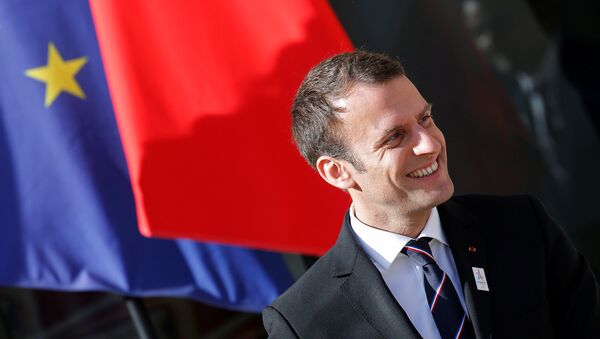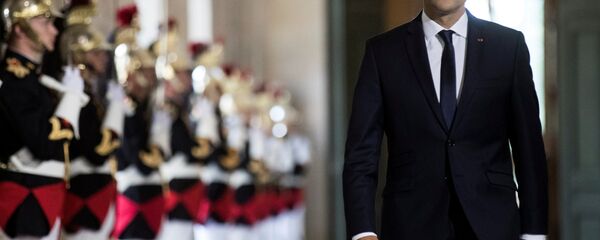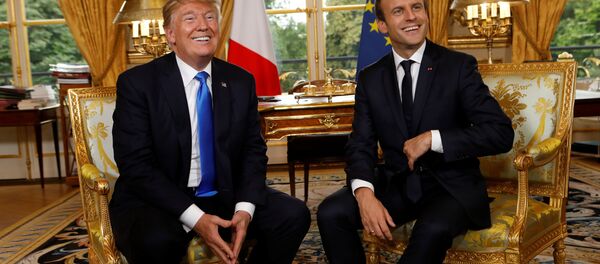"France’s soft power has no doubt seen a boost with the defeat of the Front National and election of its youngest ever president, Emmanuel Macron," the report, published by PR company Portland Communications, read.
According to the report, France's greatest strength lies in its "vast diplomatic network," as the country is "unrivalled" in terms of its membership in international and multilateral organizations, and its cultural and diplomatic missions.
"And with Macron having long campaigned for cooperation and integration, it is not unreasonable to expect France’s global engagement and influence to grow," the report noted.
At the same time, the French president's digital savvy "had been critical" to the success of France in the 2017 Soft Power 30.
"He follows in the footsteps of [Canadian Prime Minister Justin] Trudeau and [President of Argentina Mauricio] Macri, who each used social media to galvanise their domestic and international audiences while riding a wave of popularity to electoral victory. But like Trudeau and Macri, Macron faces the challenge of maintaining momentum… Macron should be working hard to keep his audiences excited," the report read.
The "soft power" concept, which was first coined by US academic Joseph Nye, is a state's ability to build international alliances, and persuade others and shape their long-term attitudes through a country's appeal and attraction, rather than through the use of force or coercion. For example, a state can project its soft power through universities and civil society institutions, as well as culture, ideas and values.



